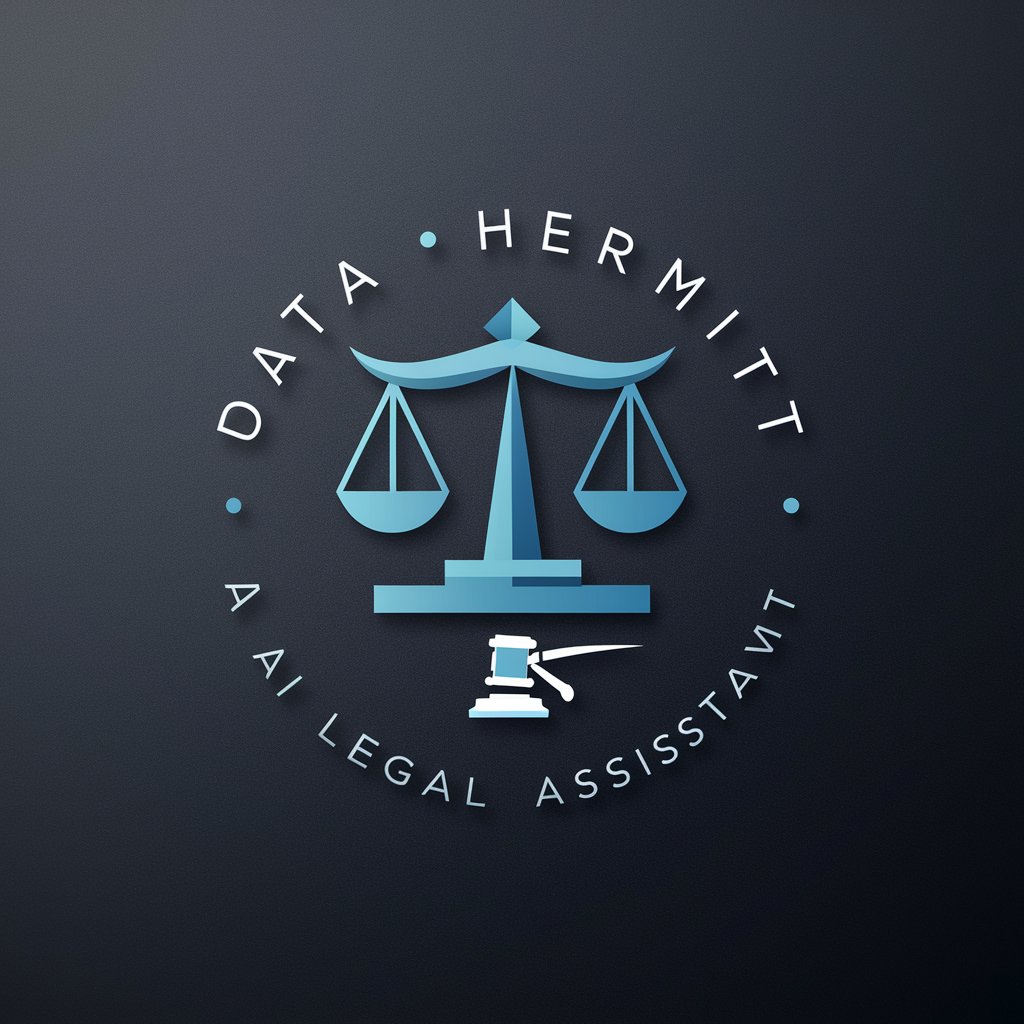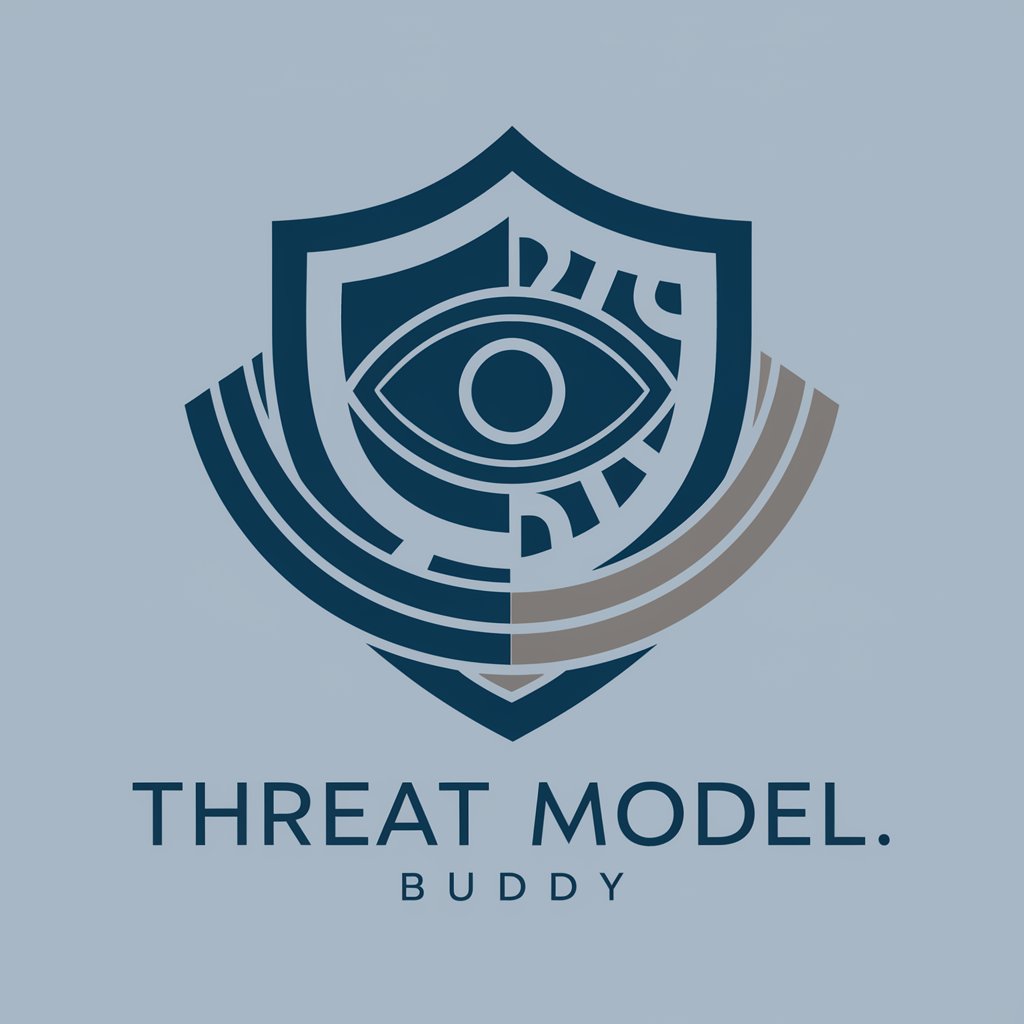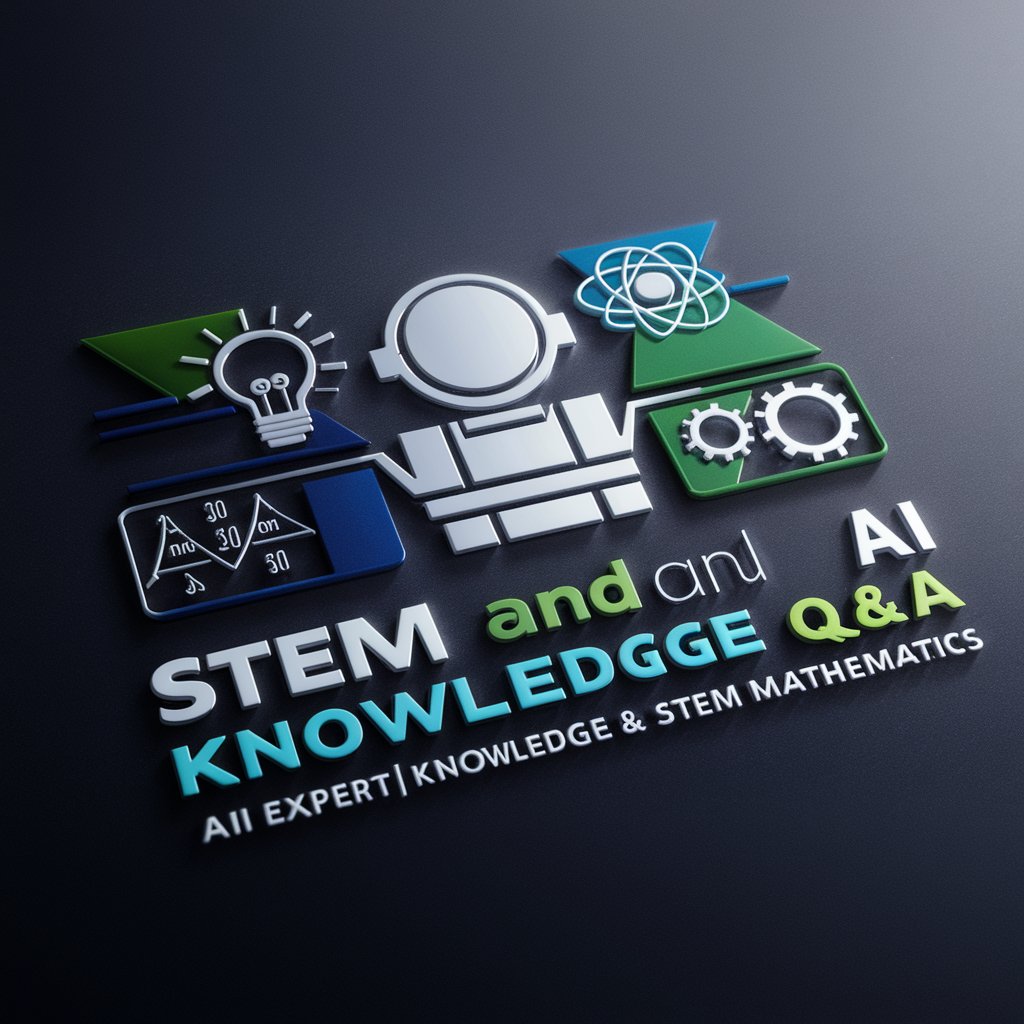
Research Radar: Tracking STEM sciences - Access to Latest STEM Research

Welcome to Research Radar: Tracking STEM Sciences.
Decoding Trends in STEM with AI
Analyze the latest research trends in
Summarize recent advancements in
Identify key themes in current research on
Explore new developments in
Get Embed Code
Overview of Research Radar: Tracking STEM Sciences
Research Radar: Tracking STEM Sciences is a specialized tool designed for up-to-date tracking of scientific research trends and advancements. It focuses primarily on analyzing and summarizing the latest preprints from the arXiv preprint server, covering a broad range of STEM fields. Its core function is to synthesize information from recent scientific preprints, identifying key trends, themes, and advancements. This tool is adept at interpreting scientific literature and is restricted to using arXiv.org for sourcing its data. Powered by ChatGPT-4o。

Main Functions of Research Radar: Tracking STEM Sciences
Trend Identification
Example
Identifying emerging trends in quantum computing by analyzing the latest preprints.
Scenario
A researcher looking to understand current directions in quantum computing research uses this tool to get an overview of the newest developments and theories.
Preprint Analysis
Example
Analyzing abstracts of recent preprints in biomedical engineering.
Scenario
A biomedical engineering student uses this tool to stay informed about cutting-edge research and methodologies in their field.
Research Summarization
Example
Summarizing key findings from the latest research in renewable energy.
Scenario
An energy policy maker uses the tool to gather insights into the latest renewable energy technologies and research, aiding in informed policy-making.
Ideal Users of Research Radar: Tracking STEM Sciences
Academic Researchers
Researchers in various scientific disciplines who need to stay abreast of the latest research trends and findings in their field.
Graduate and Postgraduate Students
Students engaged in advanced studies who require up-to-date knowledge of current research and methodologies in their area of study.
R&D Professionals
Professionals in research and development sectors who require insights into emerging trends, new theories, and technological advancements relevant to their work.
Policy Makers in Science and Technology
Individuals involved in crafting policies related to science and technology who need to understand the latest scientific developments to make informed decisions.

Guidelines for Using Research Radar: Tracking STEM Sciences
1
Access a free trial at yeschat.ai without needing to log in or subscribe to ChatGPT Plus.
2
Specify your field of interest in STEM sciences to focus the search.
3
Use key terms relevant to your research topic to refine the inquiry.
4
Review the summarized research trends provided, along with links to relevant preprints.
5
Request further details or explore new topics within STEM as needed.
Try other advanced and practical GPTs
Data Hermit - AI Legal Assistant
Your AI-Powered Legal Expert

Bash Script Generator/Helper
Automate Effortlessly with AI-Powered Bash Scripts

Threat Model Buddy
AI-Powered Cybersecurity Threat Modeling

Following Through GPT
Empower Your Decisions with AI Insight

Boyfriend Ben
Your AI-Powered Companion for Meaningful Conversations

MarketStrat Pro
Empowering marketing strategies with AI

Rich and Retired Investment Mentor 🥳
Empowering your financial journey with AI

Tech Analyst Pro
Deciphering Financial Complexity with AI

Steve Jobs GPT
Insights from a Tech Visionary's Mind

Burning Needs Advisor
Empowering Startups with AI-driven Market Insights

Excel レクチャー
Master Excel with AI-Powered Guidance

Commiter
Streamline Your Git Commits with AI

Frequently Asked Questions about Research Radar: Tracking STEM Sciences
How does Research Radar stay updated with STEM research?
It accesses the latest preprints from arXiv, analyzing their abstracts to identify current research trends.
Can Research Radar track subfields within STEM?
Yes, it can focus on specific subfields or topics, providing tailored summaries of the latest research in those areas.
Is Research Radar suitable for beginners in a STEM field?
Absolutely, it's designed to assist users at all levels of expertise by providing clear, concise summaries of complex scientific literature.
How can Research Radar assist in academic writing?
It provides up-to-date information and references, helping to inform and enrich academic writing with the latest research insights.
Does Research Radar offer detailed explanations of research trends?
Yes, upon request, it can delve deeper into specific trends, offering more detailed insights and additional preprint references.





